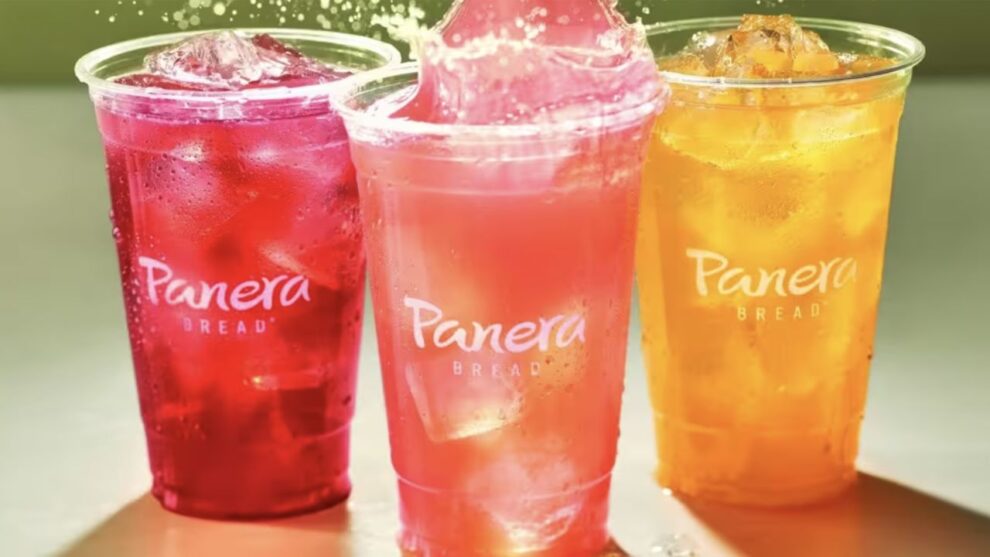A 21-year-old woman with a heart condition is dead after consuming a heavily caffeinated energy drink at Panera Bread that she may have believed was regular lemonade, her parents alleged in a wrongful death suit against the restaurant chain.
In September 2022, after drinking “Charged Lemonade,” Sarah Katz experienced cardiac arrest while at a restaurant with friends and died after being transported to the hospital and suffering a second arrest, according to the lawsuit, which was filed Monday morning in Philadelphia.
Katz’s parents are seeking compensatory and punitive damages.
“We were very saddened to learn this morning about the tragic passing of Sarah Katz, and our hearts go out to her family,” Panera told CNN in a statement. “At Panera, we strongly believe in transparency around our ingredients. We will work quickly to thoroughly investigate this matter.”
In an autopsy report obtained by CNN, the medical examiner cites Katz’s cause of death as cardiac arrhythmia due to long QT syndrome (LQTS). LQTS is a disorder that can cause fast and irregular heartbeats that can be life-threatening, according to the Mayo Clinic.
Katz was diagnosed with LQTS when she was five years old, and managed symptoms by taking medication and limiting caffeine, the lawsuit states.
Most energy drinks contain large amounts of caffeine; added sugars; vitamins, such as B vitamins; and other legal stimulants. Panera’s “Charged Lemonade” includes sugar, caffeine, coffee extract and guarana extract, which are both sources of caffeine. Health professionals have warned that young people who consume energy drinks can encounter dangerous side effects, such as dehydration, irregular heartbeat and heart failure. People with certain heart conditions could be more sensitive to the stimulating effects of these drinks, and could be more susceptible to adverse effects.
However, Katz was “reasonably confident it was a traditional lemonade and/or electrolyte sports drink containing a reasonable amount of caffeine safe for her to drink,” the lawsuit says, adding that Panera misled consumers by not properly labeling “Charged Lemonade” as an energy drink in stores.
“Instead, Defendants market, advertise, and sell Panera Charged Lemonade as a product that is ‘Plant-based and Clean with as much caffeine as our Dark Roast Coffee,’” the lawsuit reads. However, in their stores, Panera does “not specify what size of Panera Dark Roast coffee is akin to a Panera Charged Lemonade,” making the comparison vague and “unhelpful.”
Online, Panera says its “Charged Lemonade” has a comparable amount of caffeine to its Dark Roast coffee. A large size, which comes in a 30-oz cup, contains about 390 mg of caffeine. The US Food and Drug Administration says that a safe quantity of caffeine “for healthy adults” typically amounts to about 400 milligrams per day (around four or five cups of coffee).
Additionally, the “Charged Lemonade” is mixed “in-house” by store employees, meaning that “its caffeine content is not controlled and, in turn, has an innate and dangerous potential to vary,” according to the lawsuit.
According to Elizabeth Crawford, the attorney representing Katz’s parents, Katz drank out of the large size cup. Katz had a Panera Sip Club membership that gives subscribers free in-store refills, so it’s not possible to know how much she drank, said Crawford.
“We want to make sure that the drink includes a warning, or is taken off the shelf,” Crawford told CNN. “It’s a dangerous energy drink and it’s not advertised that way. We want to make sure this does not happen to someone else.”
Source : CNN Business

























